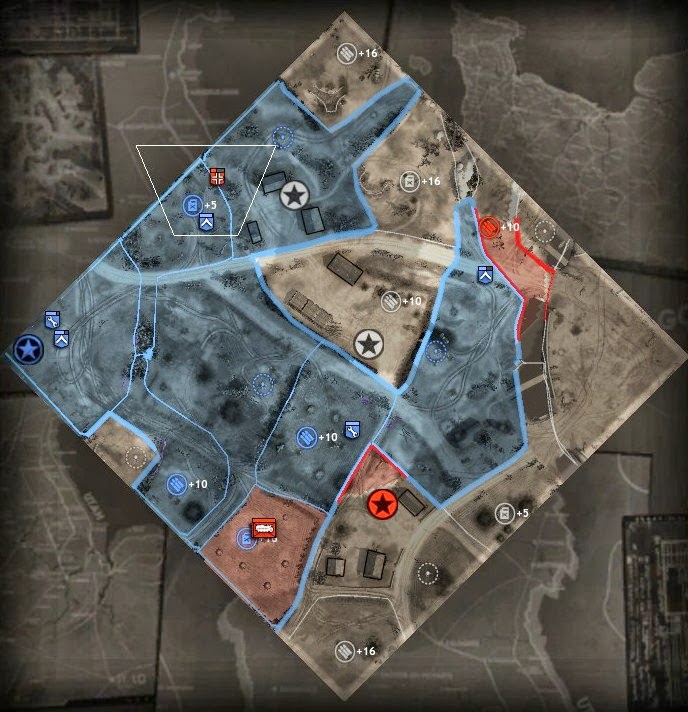
Scrolling frantically to where I thought the shots were coming from, I noticed that somehow I had been flanked by two separate armor units, turning the enemy tank count from one, into three. And then I noticed a similar explosion coming from the building where I had garrisoned some of my paratroopers. But as I readied my army, I noticed my own tank explode in a bombastic display of the heart-dropping fireworks. I saw the enemy’s tank on the horizon I knew what I was going to do to take it out. I had even managed to buy enough time for my Sherman to deploy and make it to the capture area. Forces exhausted, beaten, and bloody, we fought on using every ability given to me, I played my cards the best I could. That certainly was the case here.Īs I saw my foe’s ground troops rush over the hill like a uncompromising riptide, I braced for what I knew would be my final stand. But in war, the battlefield is ever changing, and any counter-attack that is planned for always has the possibility of not going exactly as intended.

As I positioned my troops, manning machine guns that were picked up from fallen comrades, laying razor wire to halt the advance of enemy troops, and hiding my anti-tank gun in the hedge grove just behind my forces, I’d hoped that I would draw my opponent’s colossal tank into the opening where it could be shelled by my bazooka-toting infantry and that hidden AT-battery. I still had a minute or so before my Sherman took to the battlefield, but the game clock was winding down, making the next five minutes the most important of the entire match.

With only a handful of riflemen and a single anti-tank gun, the odds were clearly not in my favor. I scrambled to regain my senses and what was left of my men, and pushed forward to re-fortify the hotly contested capture point that had been fought over for the better part of 30 minutes.

The percussive blast from a howitzer left me deafened and disoriented.


 0 kommentar(er)
0 kommentar(er)
